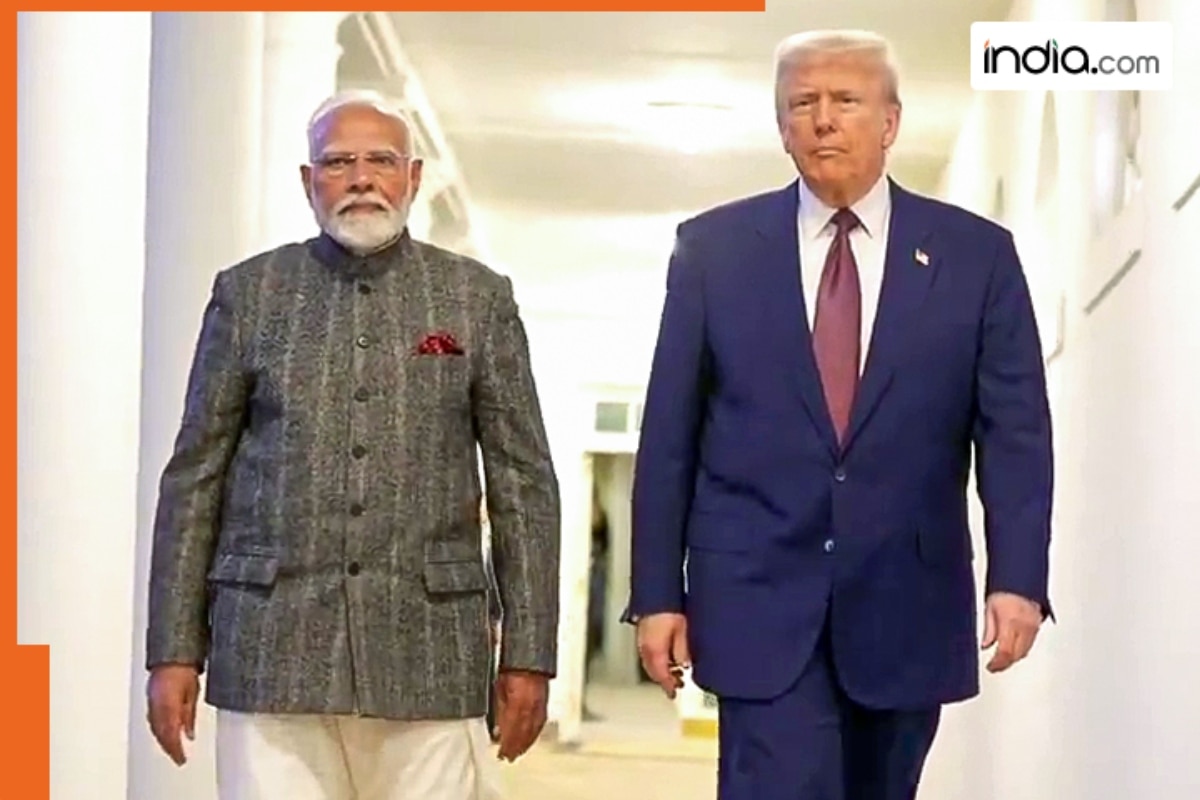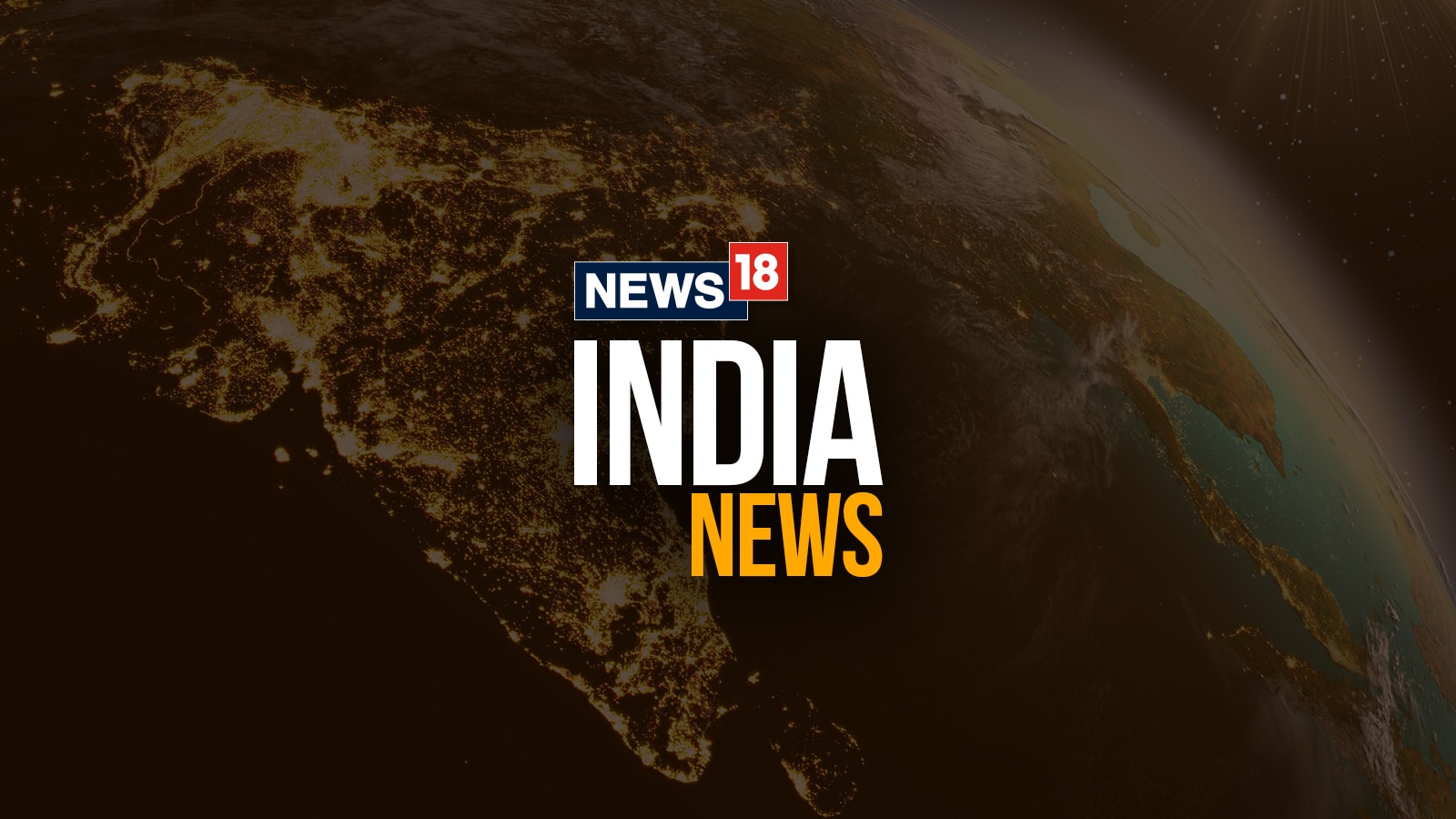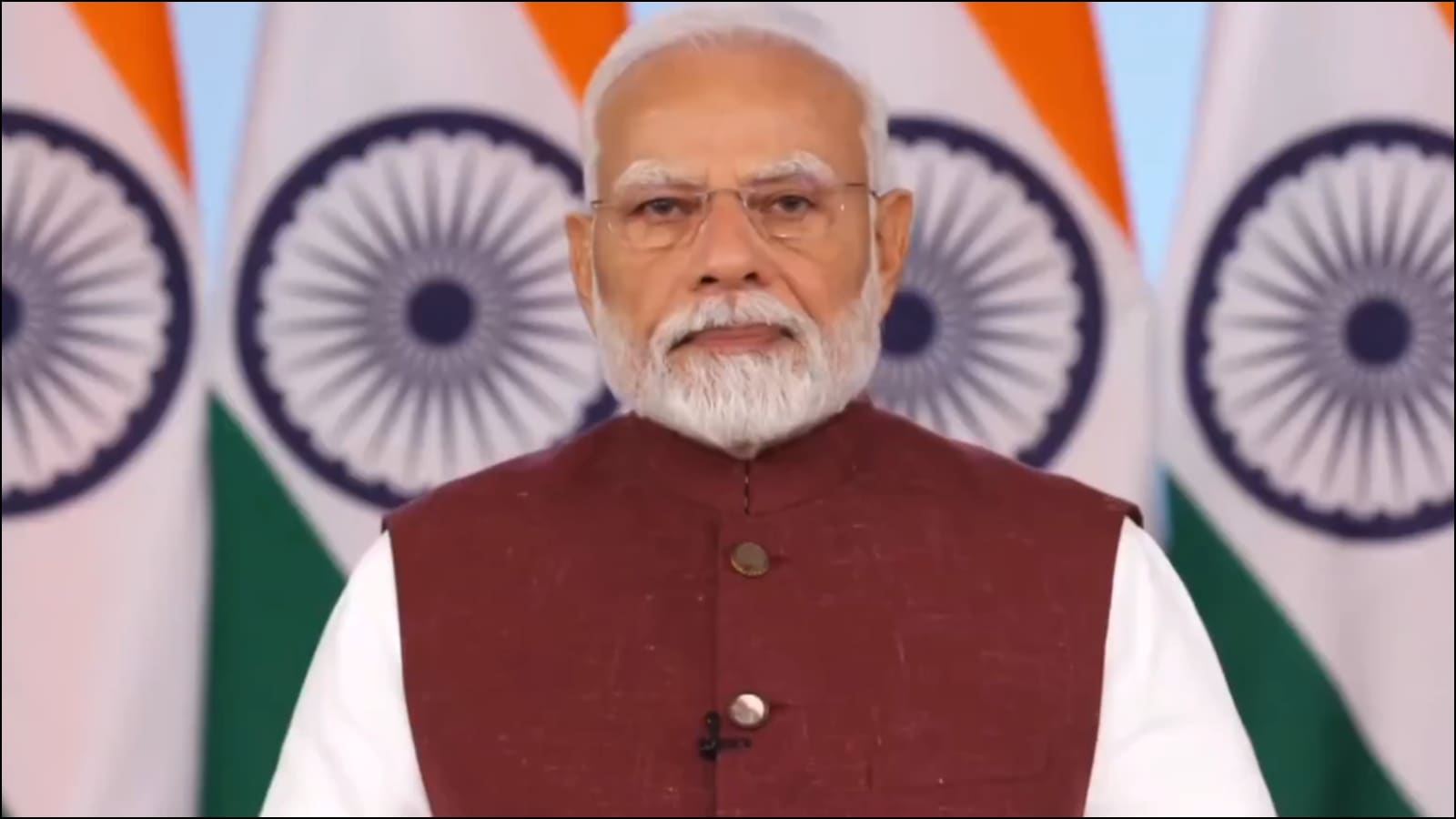On Monday, President-elect Donald Trump reportedly met with TikTok CEO Shou Zi Chew at Mar-a-Lago, Florida, as the company seeks intervention from the U.S. Supreme Court to prevent a looming ban.
What Happened:
TikTok has requested the U.S. Supreme Court to halt a law that could ban the app by Jan. 19. The TikTok Policy account highlighted the potential economic impact, estimating significant revenue losses for small businesses and creators if the app is banned.
Statement on Filing Application for Emergency Injunction Pending Appeal with the Supreme Court:
""The Supreme Court has an established record of upholding Americans' right to free speech. Today, we are asking the Court to do what it has traditionally done in free speech cases:… — TikTok Policy (@TikTokPolicy) December 16, 2024
Trump expressed a favorable view of the app, noting its popularity among young voters. His meeting with the TikTok CEO was confirmed by NBC News.
Subscribe to the Benzinga Tech Trends newsletter to get all the latest tech developments delivered to your inbox.
Why It Matters:
The law in question, the Protecting Americans from Foreign Adversary Controlled Applications Act, mandates ByteDance to sell TikTok or face removal from Google and Apple platforms in the U.S. The U.S. Court of Appeals in Washington, D.C., earlier this month upheld this law, citing national security concerns.
The potential ban on TikTok, set to take effect on January 19, 2025, could have far-reaching consequences for the U.S. economy. The ban could disrupt the operations of approximately seven million small and medium-sized businesses that rely on the platform for revenue and brand growth.
With TikTok’s potential exit, users may shift their attention to other platforms like YouTube, Reddit, and Snapchat.
Check out more of Benzinga’s Consumer Tech coverage by following this link.
Disclaimer: This content was partially produced with the help of AI tools and was reviewed and published by Benzinga editors.
TikTok, Trump, Supreme Court, ban, free speech, economy, ByteDance, national security




